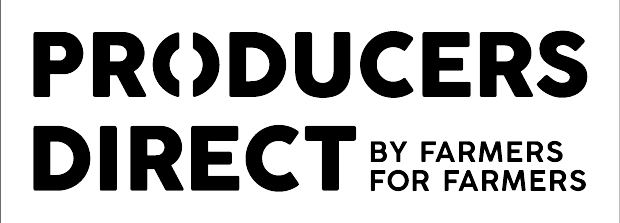As an organisation, we will continue to strengthen our network of farmers and harness the collective energy of the 1.7M smallholders in our network. As a team, we’ve looked back at what the last decade has taught us and identified these five top learnings to help us reflect, learn, and plan as we look ahead.
1. WE ARE STRONGER TOGETHER
While farmer leadership is critical, empowering farmers to join forces to tackle global challenges is a gamechanger. Our community of smallholders is our greatest asset, and it is this powerful community that has the potential to rewrite the future for sustainable and inclusive food systems.
2. DATA IS POWER
Recent shocks, from Covid-19 to rapidly changing climates, have reinforced the importance of placing actionable, real-time data and digital services into farmers’ hands.
3. TRAINING ALONE ISN’T ALWAYS ENOUGH
A 2016 survey revealed that post-training 85% of farmers did nothing. This was for farmers inside and outside of our network, indicating a systemic failure in rural development to incentivize behaviour change and catalyse income improvements. Investing in farmer-led design and providing a package of support services will drive sustained change for all members of smallholder communities.
4. MARKETS UNLOCK INCOME IMPROVEMENTS
An evaluation of our work illustrated the powerful impact of investing in markets. We learned that farmers who sold crops into local markets increased their incomes by ~50%. Honey and banana led to the highest increase. Selling small volumes individually yielded the lowest income improvements because smallholders competed with each other, had limited bargaining power and wasted time and money traveling to market. Power lives in our vast community of farmers; when we connect this network digitally and aggregate their surplus, we will change food systems from the grassroots.
5. IT’S TIME FOR FARMERS TO OWN FOOD VALUE CHAINS
Smallholder incomes will not improve until they are capturing a higher value for their crops. And this will not happen until farmers, not upstream actors, hold power and are making a fair income from their crops and products.
